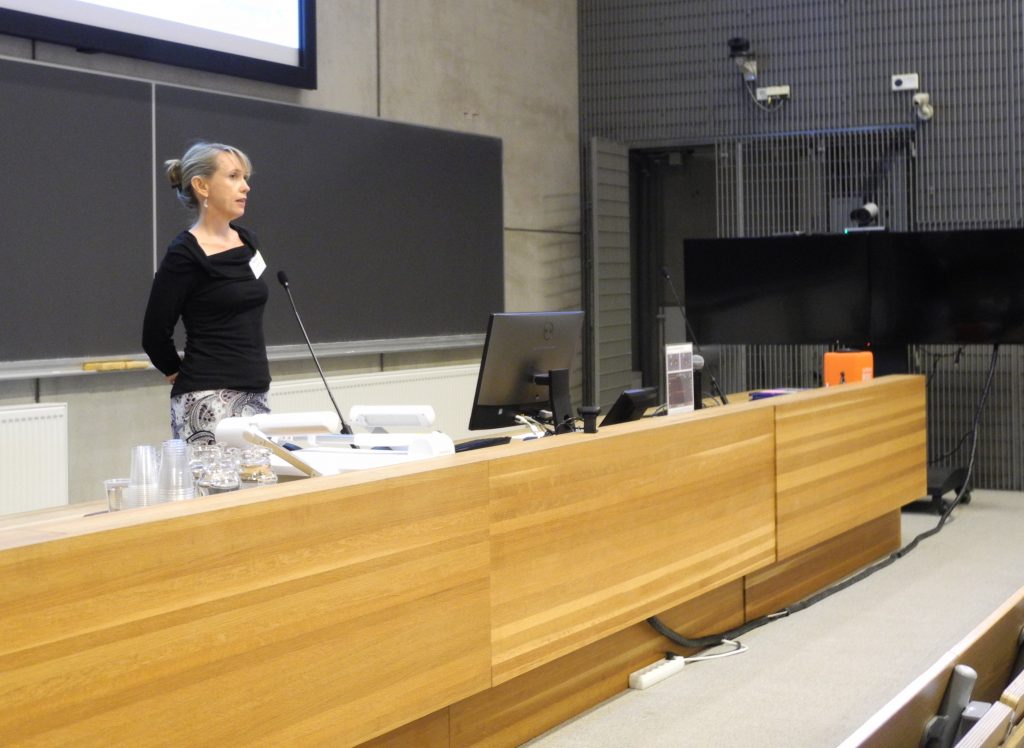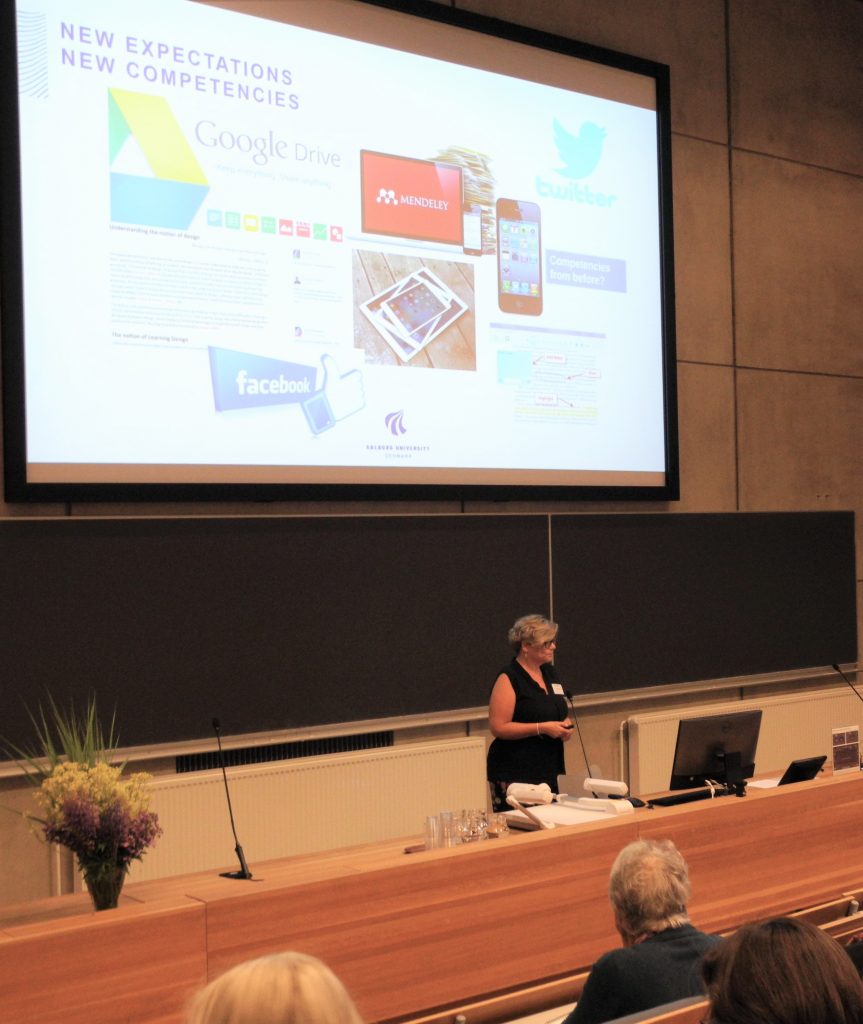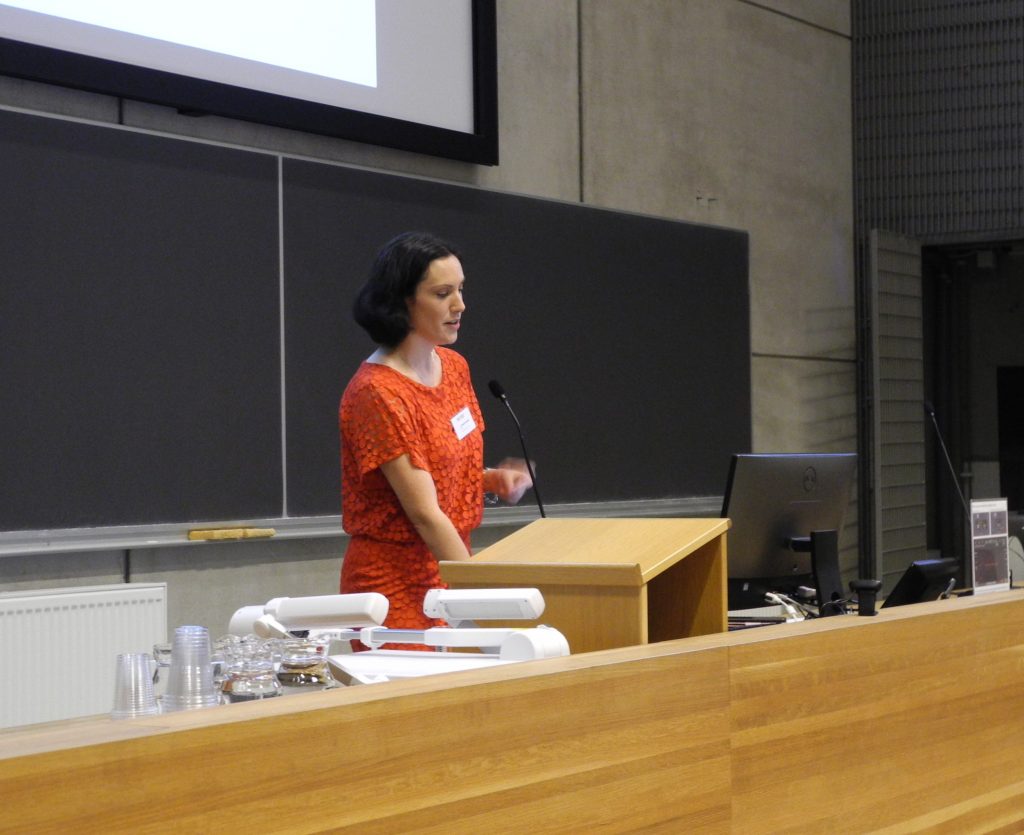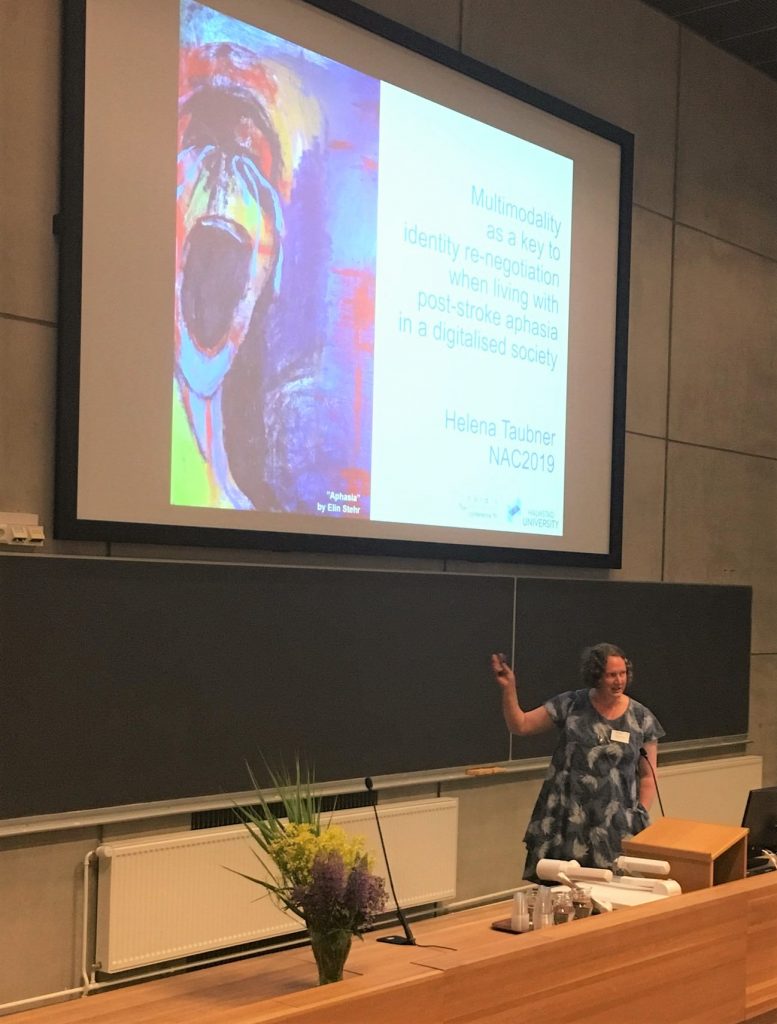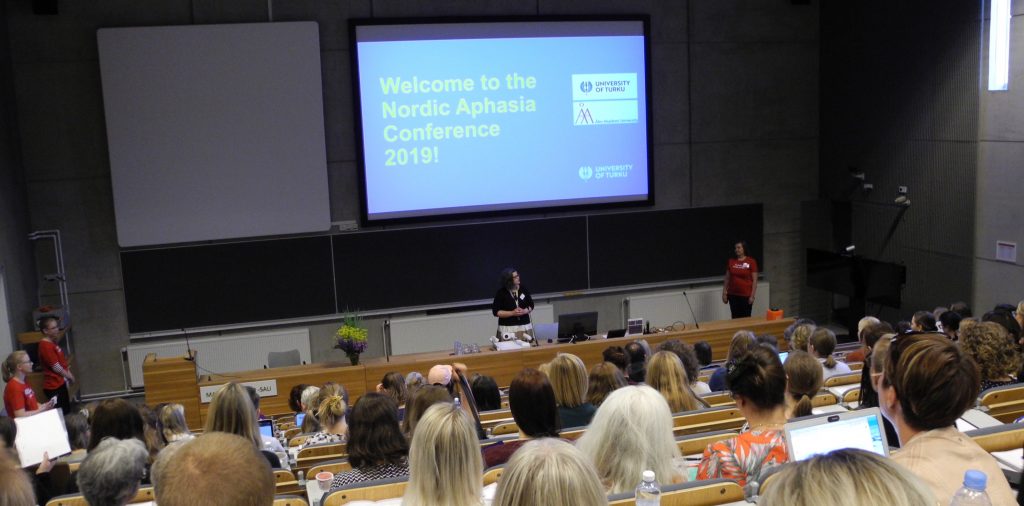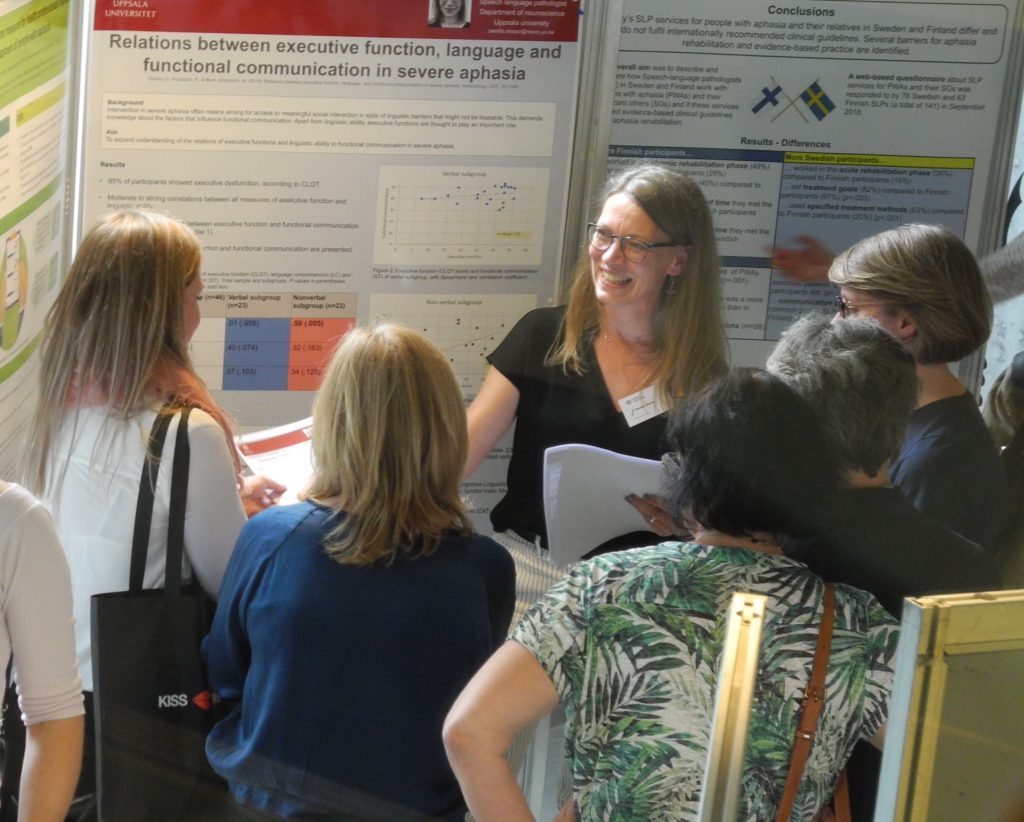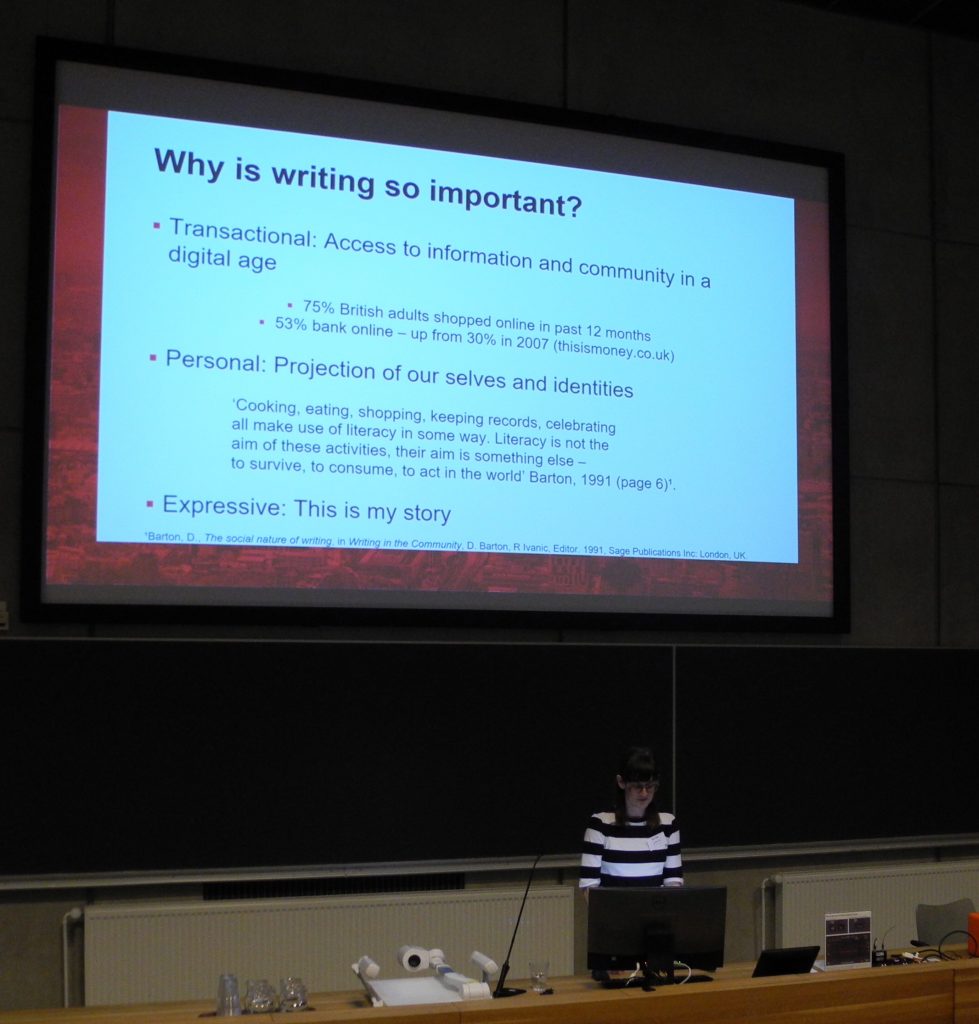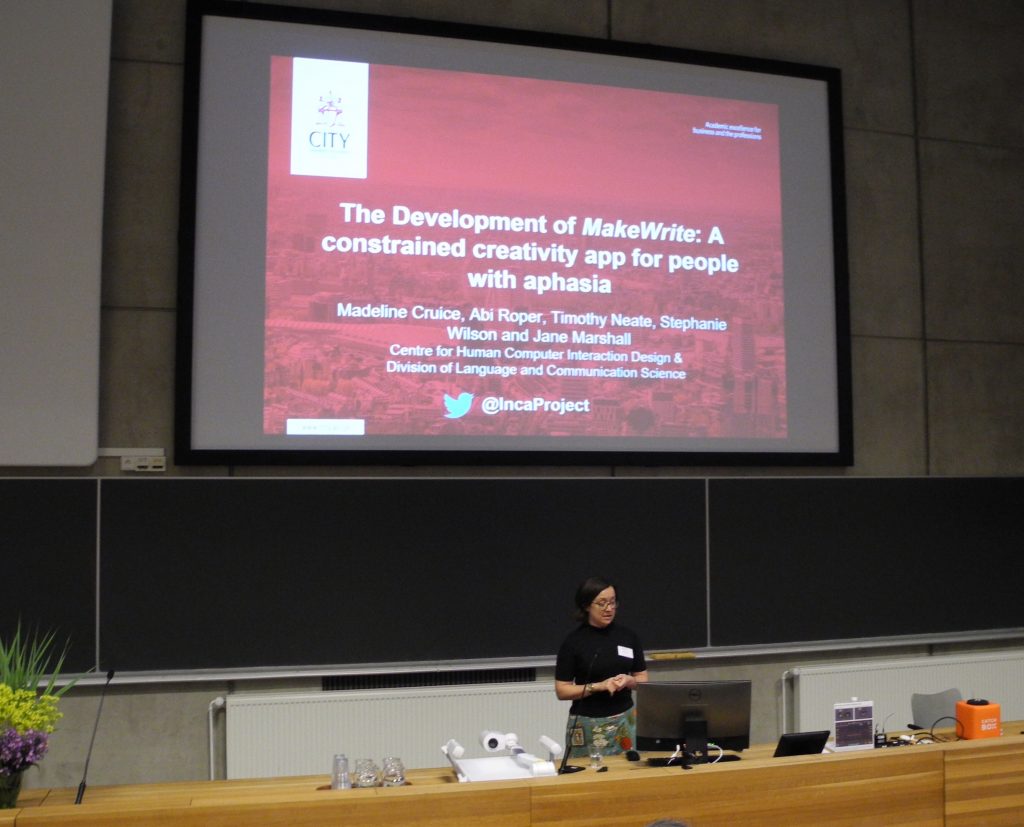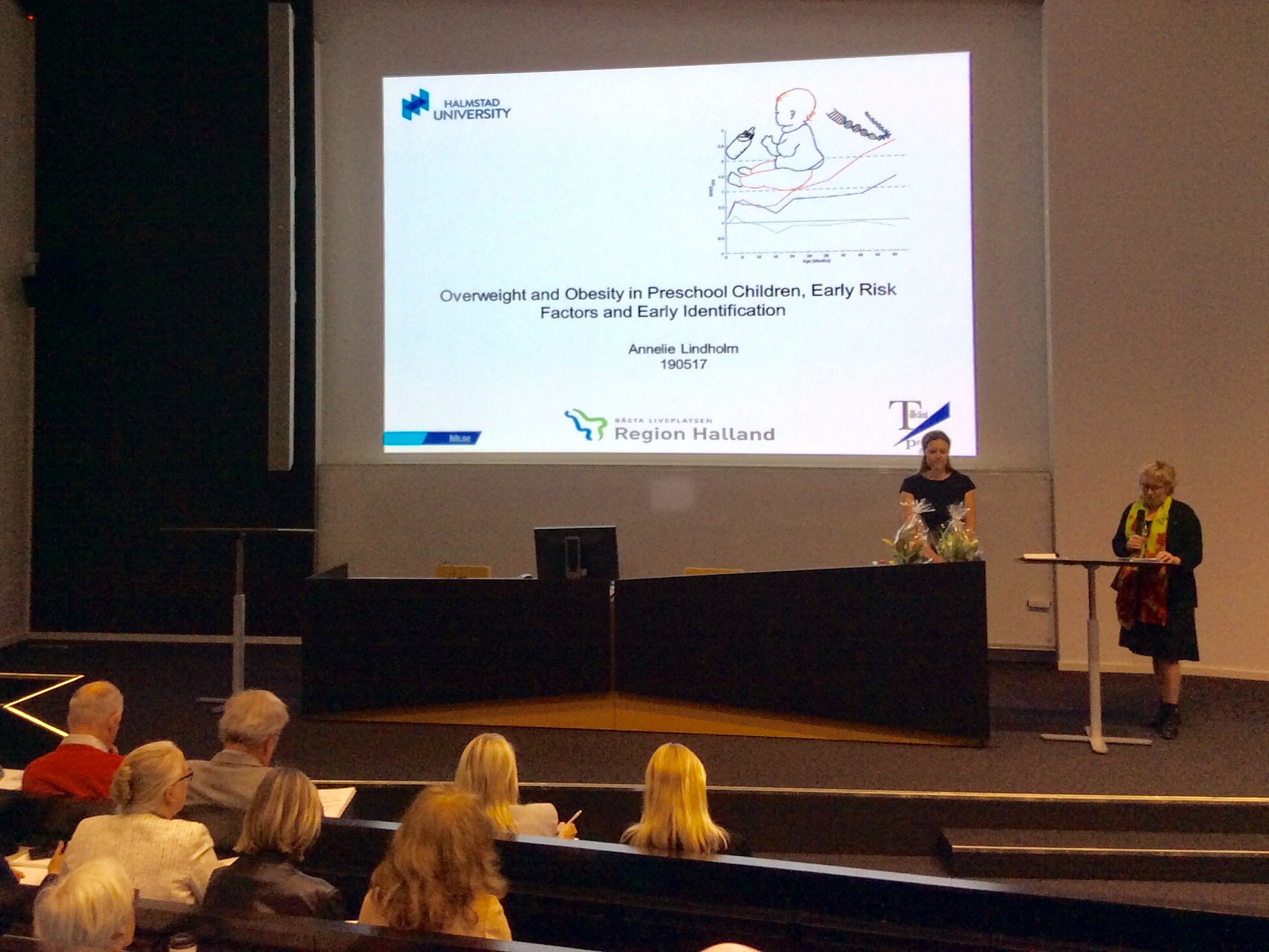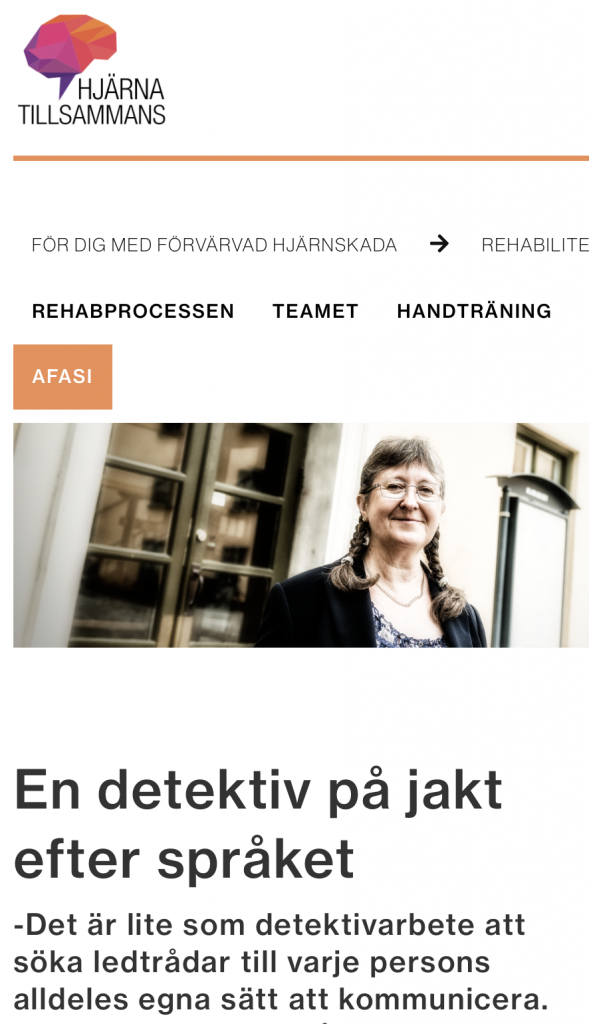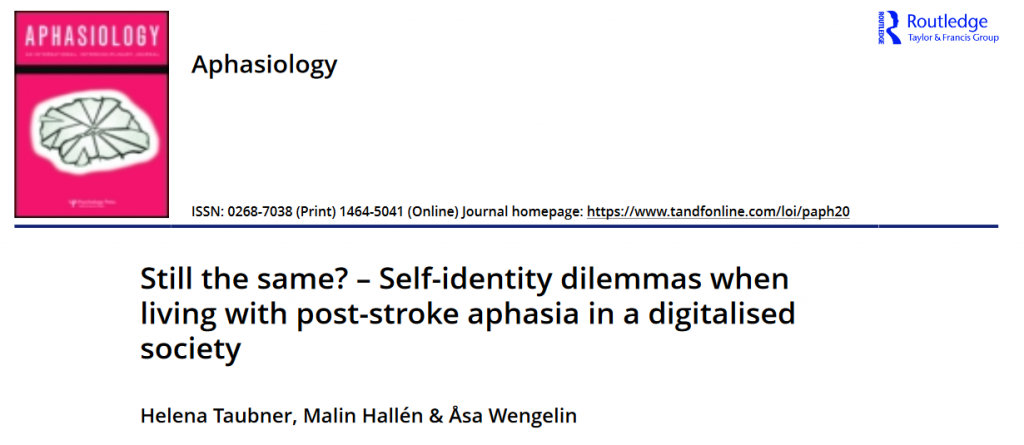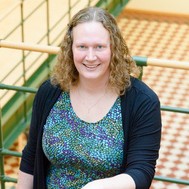Today’s theme at the Nordic Aphasia Conference is multilingualism (i.e. people speaking two or more languages). Treating people with aphasia who are multilingual is a real challenge!
The presenters, Mira Goral and Monica Norvik, raised some truly intriguing questions. How does the multilingual brain actually work? How do you know what to assess? If you need an interpreter during therapy, does the interpreter know enough about aphasia (and aphasia therapy) not to correct what the person is saying?
Since I am focused on issues of social media use, I found it particularly interesting that Monica said that social media may be used to get a picture of the person’s pre-onset use of the different language. The videos we make and post online thus become a tool for therapy, long after they were created.



The speaker to close the conference was Tom Sather from the USA. His talk was about ”flow”, or what it means to ”be absorbed in the moment” when living with aphasia. I have never come across anyone interested in this field before, and it is always fascinating to learn about new topics. He made an important point about a problem with ”aphasia friendly” material – do we over-simplify material to the extent that we take away the challenge?
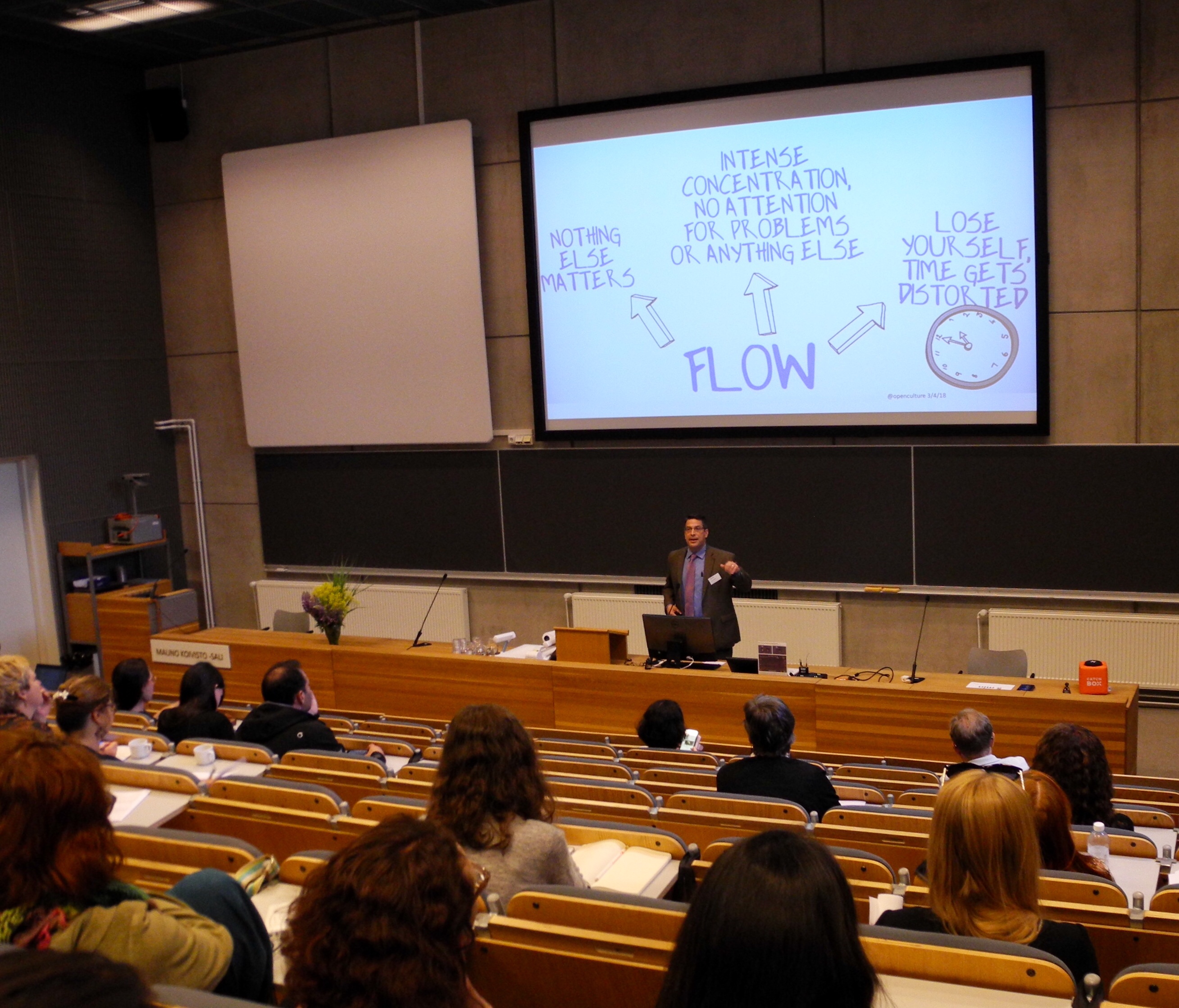
Kati Renvall summed up the days by thanking everybody involved. Everybody did a very good job! I really enjoyed attending.
Finally, the next hosting city of the Nordic Aphasia Conference was revealed. It will be in Iceland! Yay! Reykjavik 2021, here we come!

